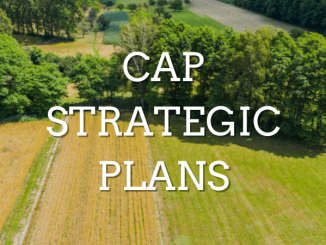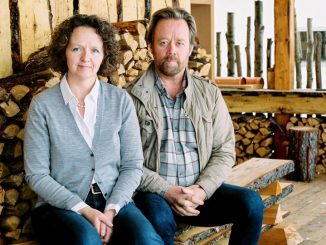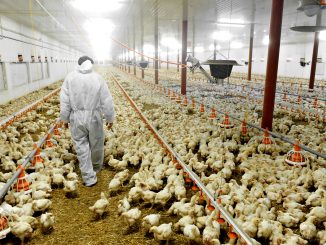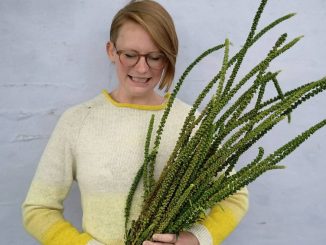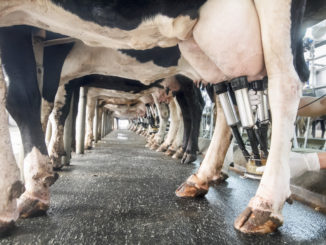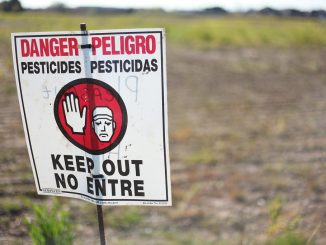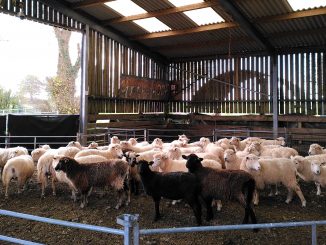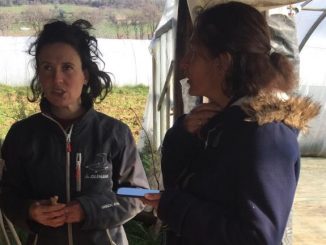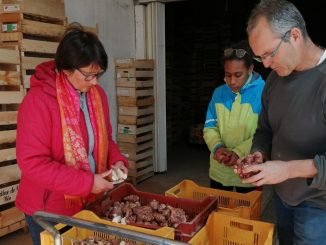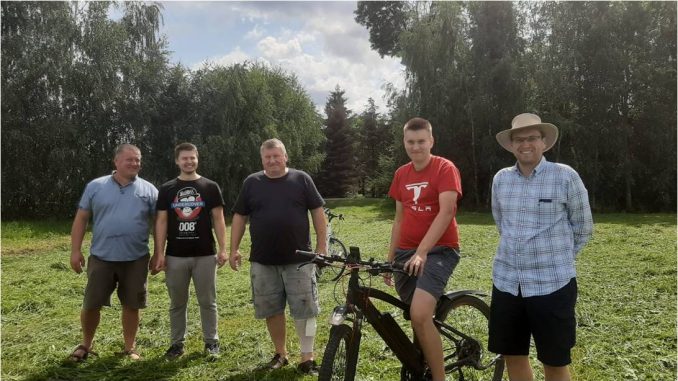
Letter From The Farm | Welcome to Ciasnocha Family Farm
Welcome to Ciasnocha Family Farm – a 730 ha regenerative grassland farm in the Vistula delta of northern Poland. In his first Letter From The Farm, Mateusz Ciasnocha walks us through what’s involved throughout the year on his farm. But first, Mateusz gives us a whistlestop tour of the farm’s history over three generations, from Communism to CAP, and the transition to regenerative agriculture. […]

